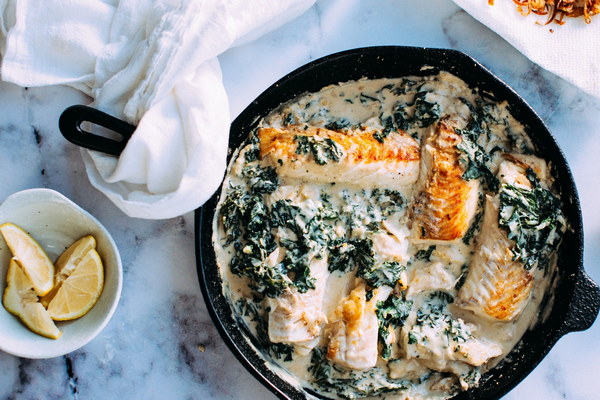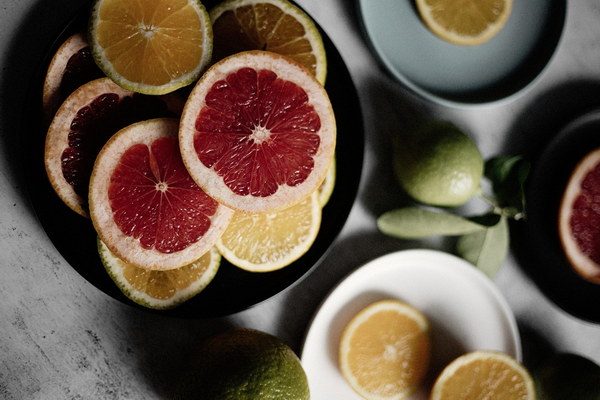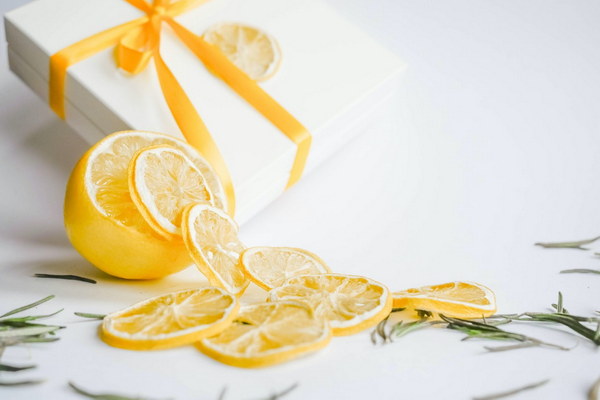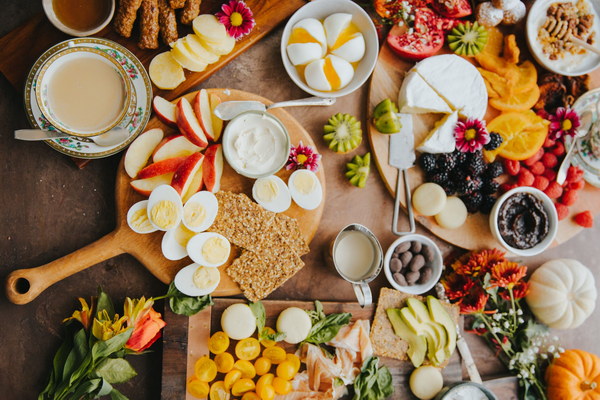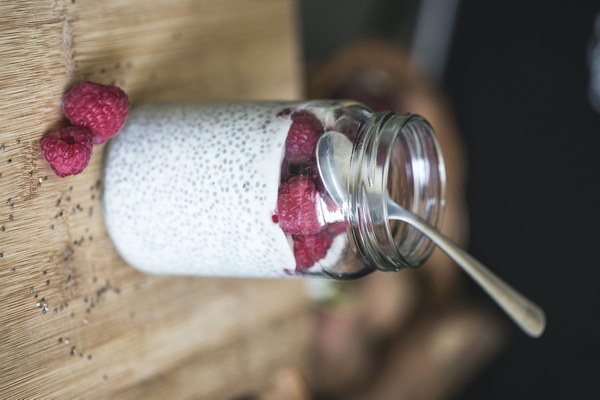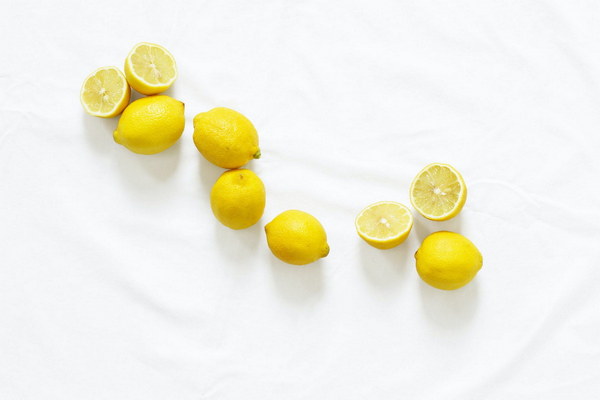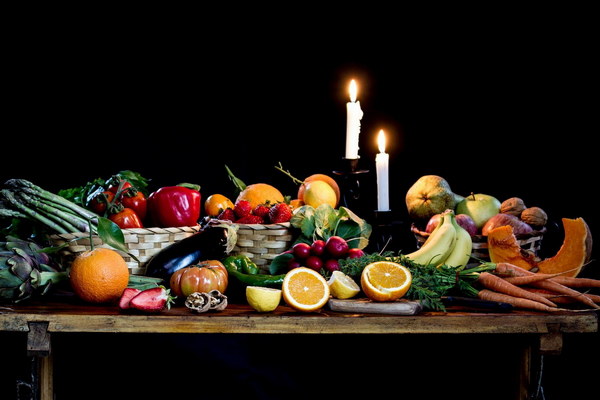How Long Should You Boil Traditional Chinese Herbs for Maximum Health Benefits
Traditional Chinese medicine (TCM) has been practiced for thousands of years and is known for its holistic approach to healing. One of the fundamental aspects of TCM is the use of herbs, which are believed to have various health benefits. When it comes to boiling these herbs, the duration plays a crucial role in extracting the maximum health benefits. In this article, we will discuss how long you should boil traditional Chinese herbs for optimal results.
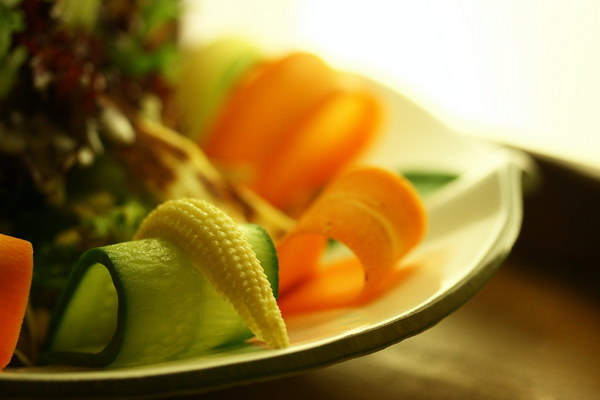
The duration of boiling traditional Chinese herbs depends on several factors, including the type of herb, its purpose, and the desired outcome. Generally, it takes between 20 to 60 minutes to boil most herbs. However, some may require longer cooking times, while others can be ready in as little as 10 minutes. Here are some guidelines to help you determine the appropriate boiling time for different types of herbs:
1. Common herbs: Herbs like ginseng, astragalus, and codonopsis are commonly used in TCM. These herbs typically take about 30 to 45 minutes to boil. It's essential to simmer them gently to release their active compounds.
2. Bitter herbs: Herbs such as scutellaria and bupleurum are known for their bitter taste and cooling properties. These herbs usually require a shorter boiling time, ranging from 20 to 30 minutes. Boiling them for too long may diminish their efficacy.
3. Aromatic herbs: Herbs like sandalwood, cinnamon, and cloves have strong aromatic properties. They can be boiled for about 15 to 20 minutes. Overcooking these herbs may result in a loss of their aromatic qualities.
4. Dried fruits and seeds: Herbs like goji berries, dates, and sesame seeds should be boiled for about 30 to 40 minutes. These ingredients are rich in nutrients and can take longer to cook compared to other herbs.
5. Root herbs: Root herbs, such as rhizoma, are known for their potent medicinal properties. These herbs can take anywhere from 30 to 60 minutes to boil. It's essential to simmer them gently to extract the maximum benefits.
Here are some tips to ensure you get the most out of your herbal concoction:
- Use fresh, high-quality herbs whenever possible. Dried herbs can be used as an alternative, but their potency may be slightly reduced.
- Always start with cold water and bring it to a boil before adding the herbs.
- Use a non-reactive pot, such as ceramic or glass, to avoid leaching harmful substances into the water.
- Simmer the herbs gently, ensuring they are fully submerged in the water.
- If necessary, add more water during the boiling process to maintain a consistent concentration of herbs.
- After boiling, strain the herbs from the liquid using a fine mesh strainer or cheesecloth. This will help remove any unwanted particles and preserve the purity of the herbal infusion.
It's important to note that the boiling time is just one aspect of preparing a traditional Chinese herbal concoction. The correct dosage, combination of herbs, and method of administration are also crucial for achieving the desired health benefits.
In conclusion, boiling traditional Chinese herbs requires careful attention to the specific type of herb and its intended purpose. By following the appropriate boiling time and other guidelines, you can maximize the health benefits of these time-honored remedies. Remember to consult with a qualified TCM practitioner for personalized advice and treatment recommendations.
